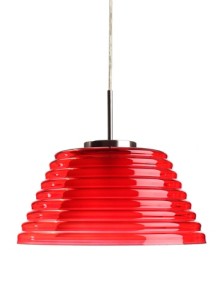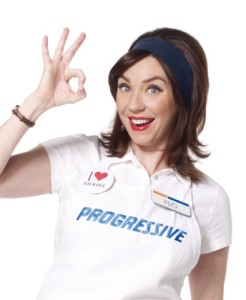The U.S. District Court for Maryland issued an opinion this week denying summary judgment in Gilliespie v. Ruby Tuesday, a res ipsa premises liability case.
Case Facts
The facts are simple. Plaintiff went to a Ruby Tuesday in Aberdeen, Maryland, for lunch. Before the plaintiff and her friends were seated, a waiter stood on a chair and adjusted the lamp hanging above the plaintiff’s table. A half-hour later, the lamp came crashing down on the plaintiff.
 How much would you bet that the waiter caused that lamp to fall? I wouldn’t bet my house, but I would definitely be willing to bet an amount that I would hate to lose.
How much would you bet that the waiter caused that lamp to fall? I wouldn’t bet my house, but I would definitely be willing to bet an amount that I would hate to lose.
But maybe you are less impulsive than I am and instead of making a quick bet, you would rather have more information. What would you want to know? The first thing on your list I’m sure would be what an inspection of the light fixture showed, right? Well, Ruby Tuesday “attempted to preserve the shade after the incident” but lost the lamp in the “ordinary course of business.” With your best efforts, you can’t keep a lamp that fell on someone’s head? It gives you a warm and fuzzy feeling about “We tried to keep dangerous toxins out of your food, but we let some slip into your cajun jambalaya pasta in the ordinary course of business.” Either way, the parties made a federal case out of it. Continue reading










